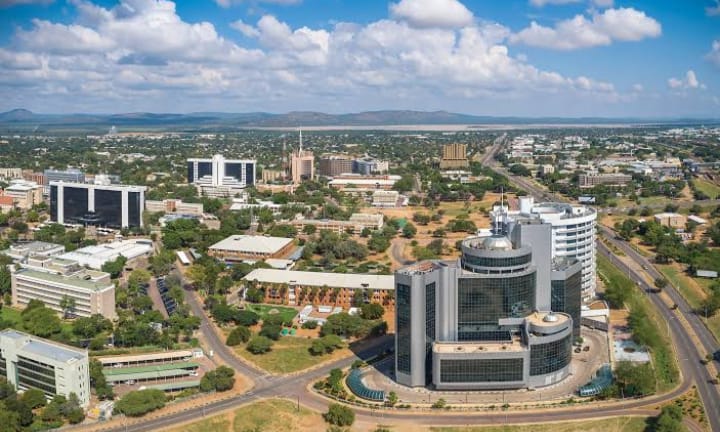In Africa, several cities are known for being some of the most expensive places to live on the continent. These cities usually have things in common that make life more expensive. In certain areas, having a strong economy based on things like oil can really jack up prices for things you need. Cities growing quickly, with more people needing homes and stuff, can make the cost of living go up. Also, places that are both important for the economy and culture tend to have higher living costs because more people want services and a better lifestyle. Here are 5 most expensive cities to live in Africa.
Dakar, Senegal
Dakar is the most expensive city in Africa, with a cost of living index of 47.2. As the capital of Senegal, a French-speaking country in West Africa, Dakar has a big population of around 3.4 million people. Many expats are flock to Dakar because of the business opportunities in trade and investments. The city also has fancy hotels, resorts, nightclubs, and fun places to hang out, making it a cool spot for tourists who want to experience the best of the continent. Dakar is a key player in commerce and tourism, and its location by the coast is crucial for shipping in Senegal, as well as North and West Africa.
Read also: Find out which African countries provide the best quality of life
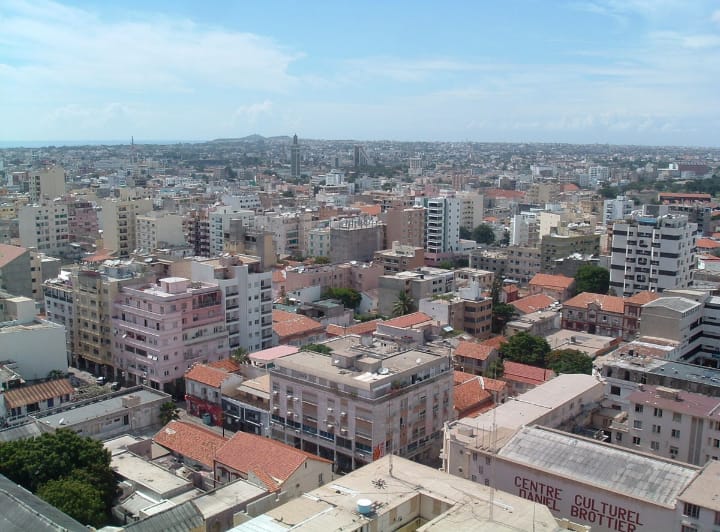
Addis Ababa, Ethopia
In the Horn of Africa, with a population of over 110 million, Ethiopia has an overall cost of living index of 44.2. Addis Ababa, Ethiopia’s capital, is not just one of the oldest cities in Africa but also has a deep historical significance as the former seat of the Ethiopian Empire. The city has a luxurious vibe, rich history and famous landmarks. It is one of the most popular destinations in Africa, with diverse visitors from all over the world. The city boasts several prestigious hotels, featuring well-known names in the hospitality industry.
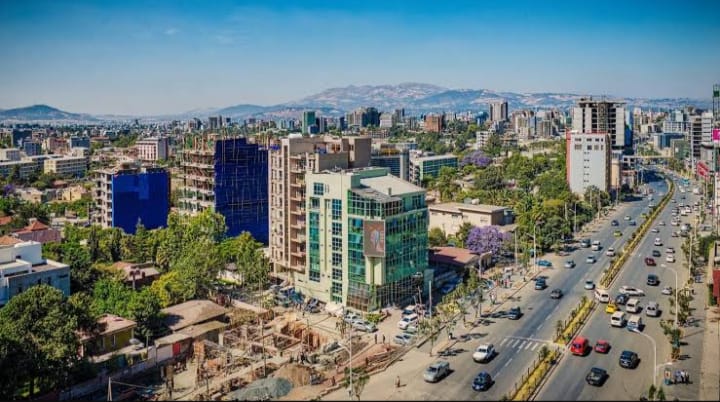
Abidjan, Ivory coast
Abidjan is often considered the unofficial capital of French West Africa, and it has close connections with France. The city’s port plays a crucial role as the main hub for both raw materials leaving and finished goods arriving in French West Africa, including those bound for neighboring countries. Ivory Coast is currently undergoing rapid economic growth in the western part of Africa, and this is accompanied by the rise of a growing middle class. It’s ranks as the 19th most expensive country in Africa, with a cost of living index at 43 and a local purchasing power of 7.8.
Read also: Do not overlook Africa’s trillion-dollar food and agribusiness sector; investors advised to seize thrilling opportunities
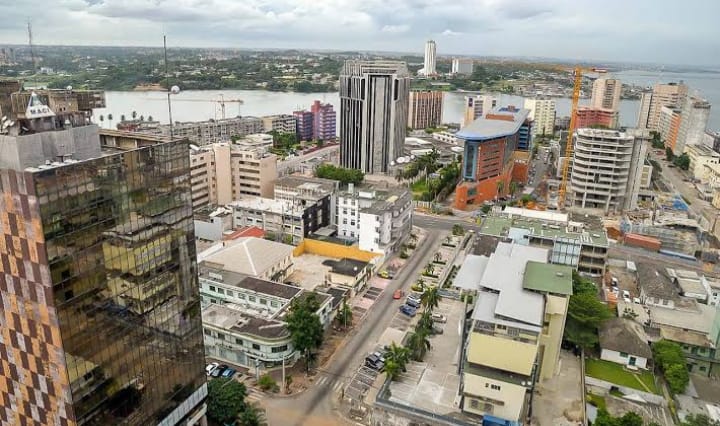
Harare, Zimbabwe
Harare, the capital of Zimbabwe, is notorious for its steep cost of living, driven by economic challenges. With a 200% interest rate, it holds the title of the world’s most expensive country to borrow money in. Despite recent improvements in inflation, Zimbabwe continues to grapple with economic hurdles, particularly currency instability. The cost of living index stands at 41.3, with a local purchasing power of 18.7. In this economic landscape, many residents find it challenging to afford basic necessities.
Read also: Top 9 African countries leading in technological advancements
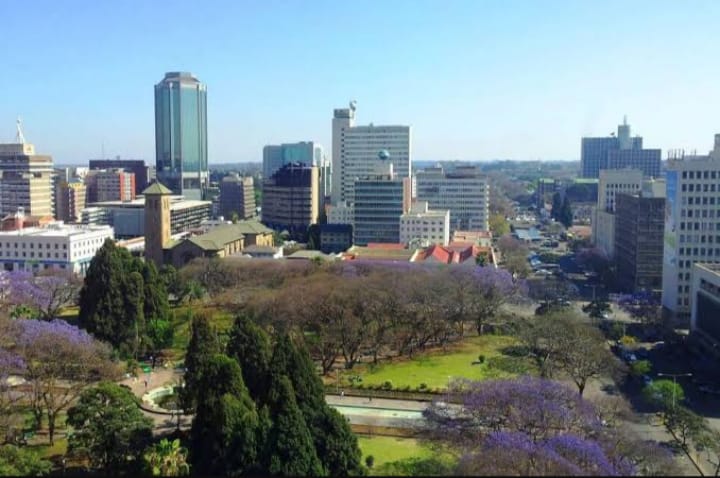
Johannesburg, South Africa
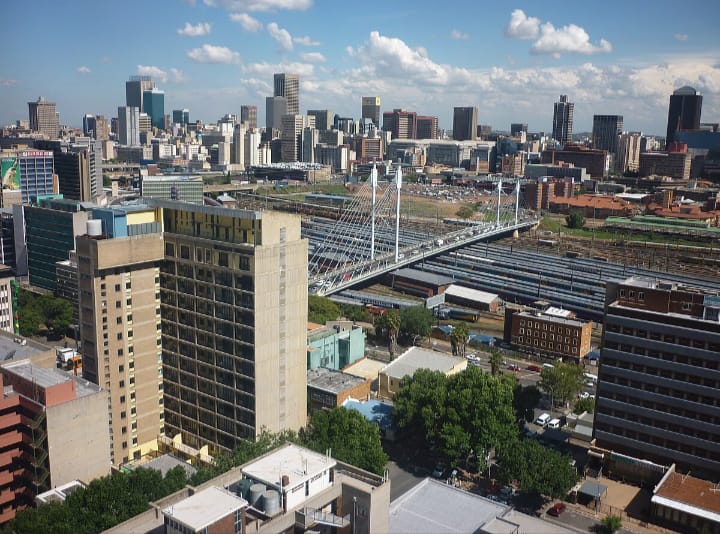
Even though Johannesburg is Africa’s wealthiest city, it surprisingly provides a relatively affordable cost of living. With a population of approximately 6.1 million, Johannesburg maintains a cost of living index of 40.5. Initially established on the wealth of gold, the city has expanded its focus to include mining, finance, hospitality, entertainment, and various services. Johannesburg is a stylish metropolis where one can indulge in all the luxuries they might desire. While it may not be the cheapest city, it stands out as more affordable than many others on the continent.

